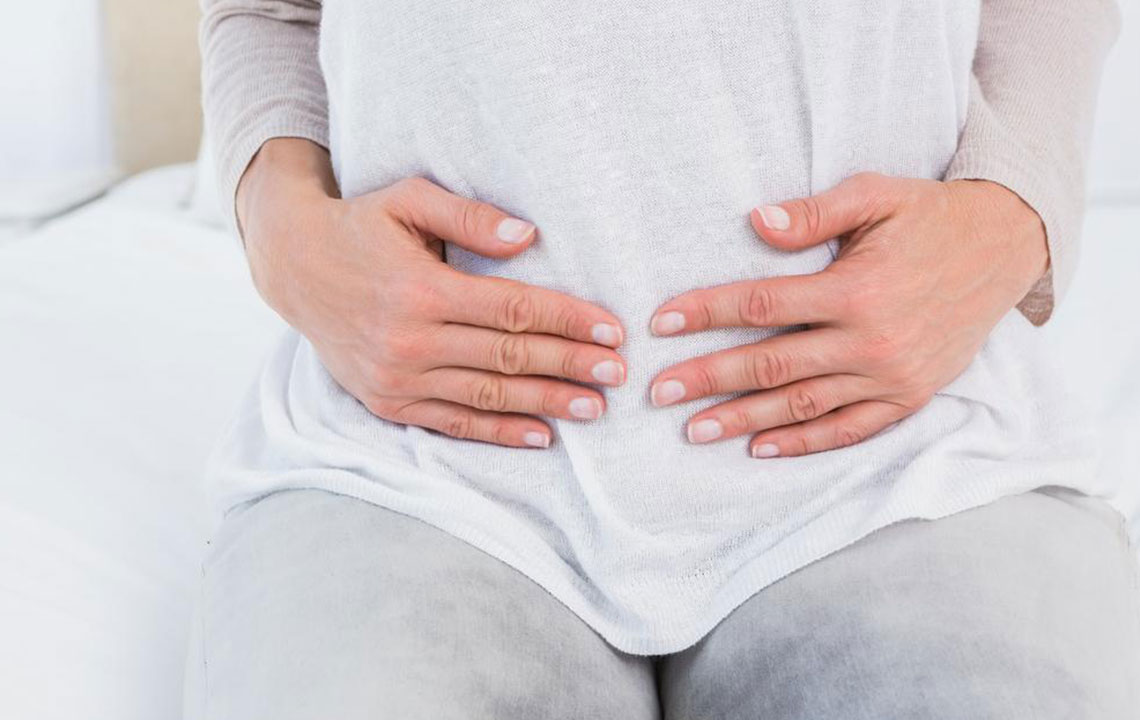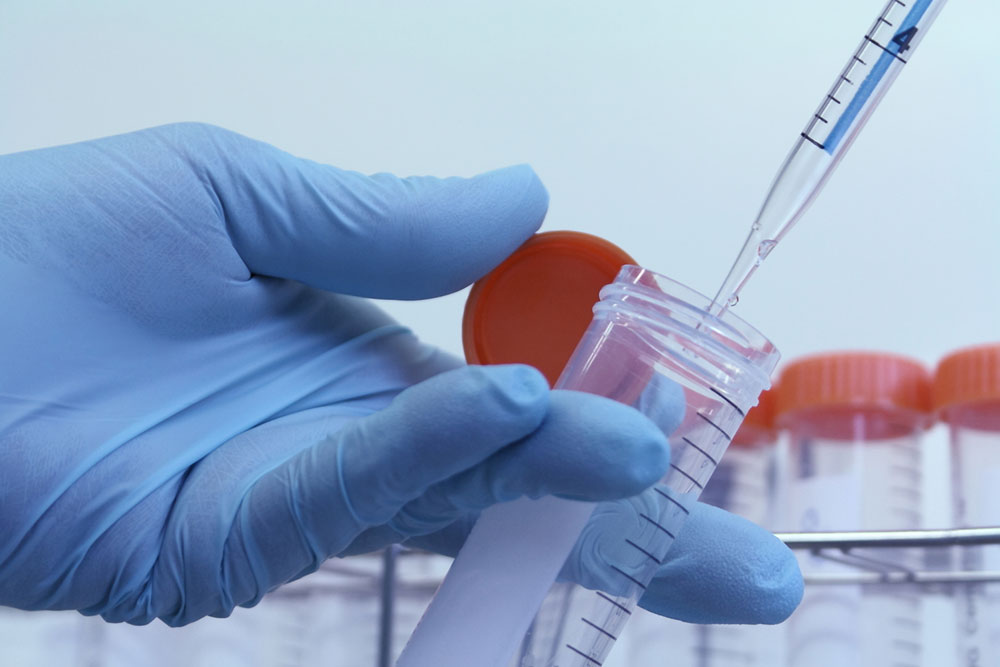Understanding H. pylori and Its Role in Gastric Ulcers
This article explains how H. pylori bacteria are a primary cause of stomach ulcers, detailing the mechanisms, symptoms, potential complications, and treatment options. Recognizing signs and seeking medical advice are crucial for managing this common infection and preventing serious health issues.

The Impact of H. pylori on Stomach Ulcers
Helicobacter pylori (H. pylori) is a common bacterial infection that significantly contributes to the development of gastric ulcers. These ulcers are open sores that form on the stomach lining, duodenum, or lower esophagus. The bacteria can invade the stomach environment, causing discomfort. Typical symptoms include severe stomach pain, bloating, bad breath, loss of appetite, and nausea. Many individuals infected with H. pylori might not show symptoms for years, making detection challenging.
How H. pylori Leads to Ulcers
The stomach naturally produces acid to aid digestion, protected by a mucus layer. H. pylori damages this protective lining, allowing acid to irritate the stomach tissue. This irritation results in inflammation and ulcer formation. Common signs of ulcers include ongoing abdominal pain, bloating, and burping.
Affected ulcers can worsen over time, leading to complications such as bleeding or blockages. Peptic ulcers are open lesions that can bleed, causing internal bleeding and infection. Symptoms of internal bleeding encompass bloody stools, vomiting blood, fatigue, dizziness, and severe abdominal pain. If ulcers grow large, they might obstruct normal food flow from the stomach to intestines. The pain associated with ulcers is often a burning sensation or dull ache, worsening several hours post-meal or on an empty stomach, sometimes lasting for hours.
Diagnosis of peptic ulcers typically involves breath tests, endoscopy, or stool analysis, especially when H. pylori infection is suspected. Treatment options include antibiotics to eradicate the bacteria and medications that reduce stomach acid, such as proton pump inhibitors or H2 blockers. Ulcer protection can also be aided by drugs that coat the stomach lining, promoting healing.
Important Note:
This information on symptoms, diagnosis, and treatment options is provided for educational purposes only. It is essential to consult qualified healthcare professionals for personalized medical advice instead of relying solely on online content. Always seek professional diagnosis and treatment for health concerns.










